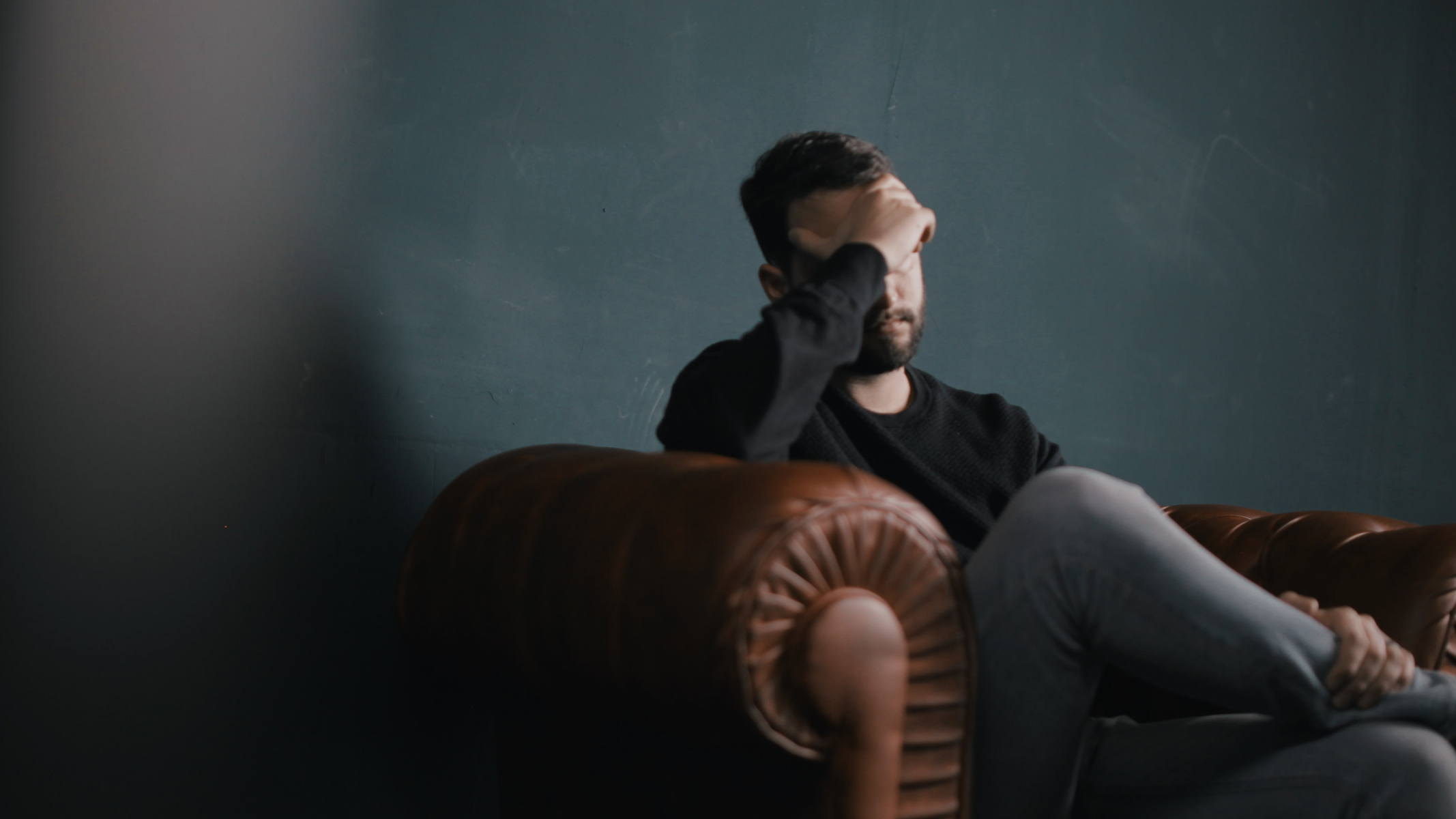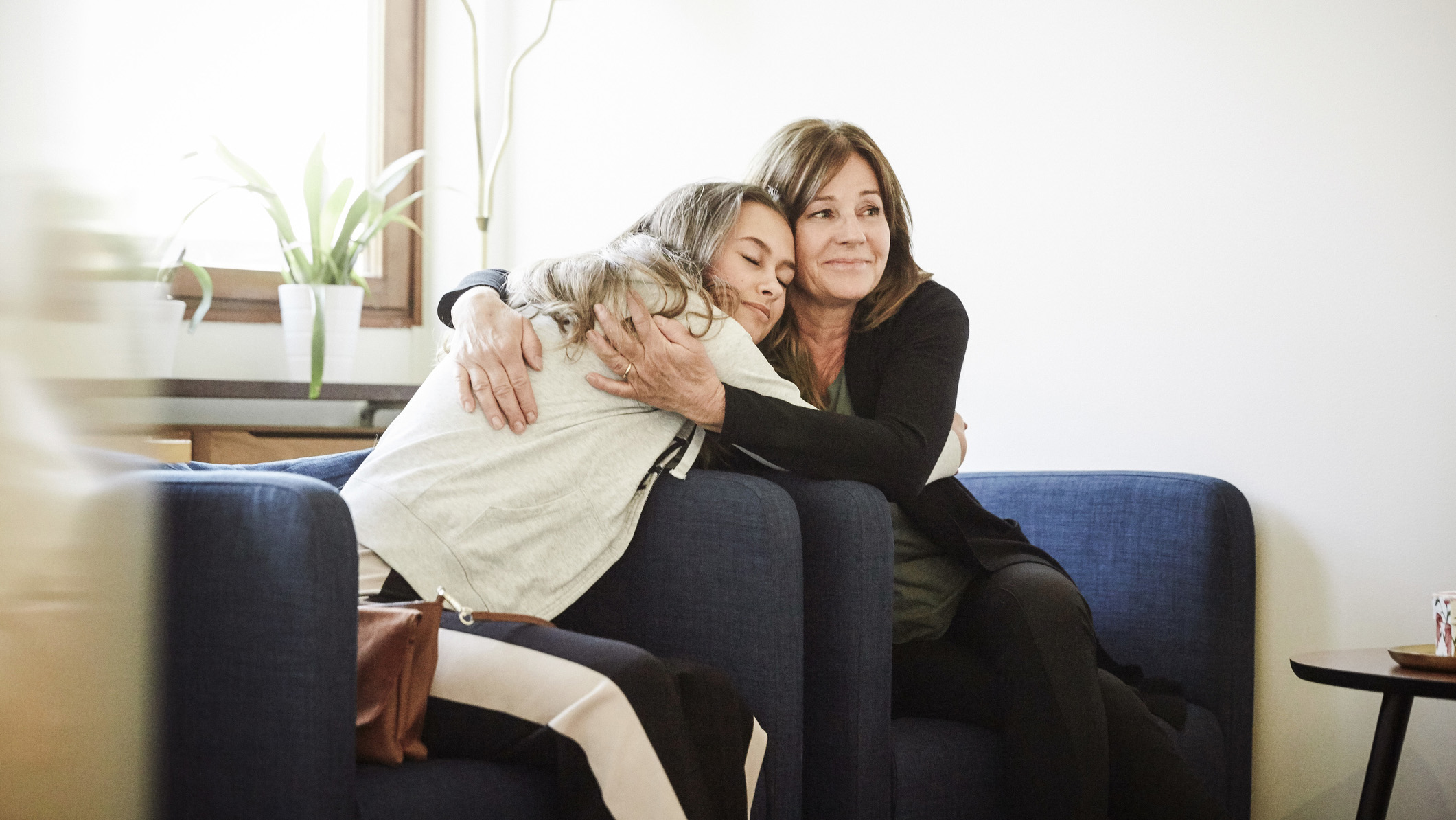Are you lonely? How to battle the mental health epidemic
Thanks to the global health crisis, more than a quarter of UK adults are feeling lonely


It's an unprecedented time. Thanks to the global health crisis causing many of us to self-isolate, more of us are feeling lonely than ever, despite our massive technical strides forward in communication. One study, published very recently in the scientific journal PLOS One, showcases the extent of the damage the pandemic has had on mental health.
Nearly 2,000 people in the UK, aged 18-87, responded to the study, with around one-quarter describing themselves as lonely.
- Better sleep: How to tackle insomnia with science – and a weighted blanket
- PLUS: How a park run can help battle chronic stress
Professor Vikram Patel of Harvard Medical School, USA, told the European Society of Clinical Microbiology and infectious diseases: "Mental health problems were already a leading cause of suffering and the most neglected health issue globally before the pandemic.
"The pandemic will, through worsening the social determinants of mental health, fuel a worsening of this crisis."
Loneliness is a real problem for adults all over the world, especially during the pandemic. As social distancing and self-isolating become a "new normal", many people feel increasingly left behind.
Loneliness is also associated with an increased risk of all-cause mortality and lower quality of life, according to researchers from the National University of Ireland.

However, there are some easy ways to fight the epidemic. One study theorised the solution to the loneliness problem might be right in front of our noses, or at least in our pockets. Whatsapp groups, or other group chats on similar IM smartphone services, have been associated with a reduction in feelings of loneliness.
Start your week with achievable workout ideas, health tips and wellbeing advice in your inbox.
One month after the study was conducted, the participant's feelings of loneliness remained low even if their Whatsapp use declined, showing group text conversations have long-lasting effects, staving off social isolation. Grabbing a phone and texting as many friends as you can is an effective first step at reaching out, even if you're isolating as a result of the pandemic. Being linked to friends in a group chat improves self-esteem and feelings of belonging.
Other tools at our fingertips include video calls, which many of us will be familiar with thanks to all our office meetings becoming Zoom calls. "Humans are social creatures by nature, so you should use the tools you have to see a loved one's face, to share stories, to let them know you're thinking of them," says Dr. Michael Craig Miller, assistant professor of psychiatry at Harvard Medical School.
If you've been thrown back into lockdown, making the first move and using technology at your fingertips to contact your friends and loved ones. The mental health benefits can stave off feelings of loneliness, depression and anxiety.
Liked this?
Matt Evans is an experienced health and fitness journalist and is currently Fitness and Wellbeing Editor at TechRadar, covering all things exercise and nutrition on Fit&Well's tech-focused sister site. Matt originally discovered exercise through martial arts: he holds a black belt in Karate and remains a keen runner, gym-goer, and infrequent yogi. His top fitness tip? Stretch.
